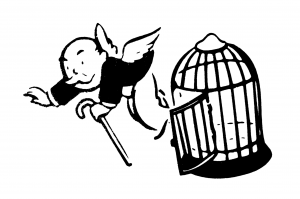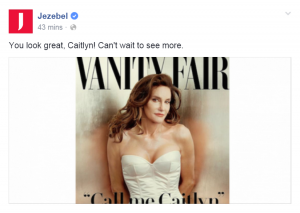As I write this, the Seventh Annual Orange Country Freethought Alliance Conference—so good they named it lots—is underway. I know this because over the last hour, friends have been sharing an image showcasing (if not advertising) the conference’s lineup of speakers. According to the ad, there are twelve people speaking at this year’s OCFAC. In stark contrast with the county itself, all of them appear to be white, while in contrast with planet Earth, eleven appear to be men. I’m not here to crucify OCFAC’s organisers—there is, however, a point I’d like to make.

Here is the Keswick Convention’s lineup of speakers this year.
Here is OCFAC’s.
Why do I bring this up? In the churches I belonged to, women did everything. I’ve forgotten most of their names, but remember Margaret who served tea and coffee, Hillary who ran Sunday school and Lynn who ran the crèche, Doreen who sent shoeboxes to orphanages abroad, Gill the receptionist, Donna the keyboard player, Lizzie who made soup for the church café, Lynda who sold visitors sandwiches from the church bus. Sara, who was my headteacher. My sister, a missionary. My mum, who sold conventioners traybakes to make ends meet.
In those churches, women did everything—except speak publicly.
This year, the Keswick Convention has thirty-one speakers, of whom four are women. In parts of the local Christian landscape, even their inclusion provokes outrage, and one church my mum belonged to was part of a worldwide network with a firm line against women preaching. Churches today are divided on female leadership—books on family members’ shelves call it an act of Satanic violence—but even those which now employ female clergy obeyed Saint Paul for centuries, with women omnipresent but unacknowledged, voices unheard and work ignored.
I got out of the church, and while the women in my family stayed, millions of others have got out too. They’re getting out, and they’ll continue to—in greater and greater numbers if current trends continue. I know dozens of women who’ve escaped the church, and work with some; others are writing books about the ‘exodus’ of women from churches in the US. Still others will just be finding their feet, looking for a place to land after letting to go of God—looking for friends, for books about people like them, for new communities and secular conferences to attend.
My town’s evangelical convention has thirty-one speakers, four of whom appear to be women. That’s just under thirteen percent. The Orange County Freethought Alliance Conference has twelve speakers, just one of whom is a woman. That’s eight percent. It’s one thing to spout buzzwords like diversity, but here’s the question I’m burning to ask. When women from churches like my hometown’s break free of faith and, in search of community, glance toward us, what do they see? Are we better than those churches, or just more of the same, even—whisper it—worse?
If secular conferences have fewer women speakers than churches with thousand-year histories of banning women from public speaking, what are we telling female escapees of those churches about the opportunities for participation our community offers them? This isn’t about the sheen of diversity. It’s about what kind of movement we are. Do we want women fleeing churches like mine to know we have their backs—or that, like those churches, we want them there, working silently and behind the scenes, but never acknowledged or listened to, paid or let on the stage?
There are other reasons to invite female speakers, and plenty of women are qualified. There are reasons to care about visibility in its other forms, particularly, in OCFAC’s case, race. Those have been enummerated in other posts by authors better qualified than me, and I expect they’ll continue to be. This post isn’t an exhaustive treatise on why atheists should invite women to speak at cons—but if you’re wondering why you need to, here’s one answer from me: because when I look at this ad, I see the church where my mum never got the chance to preach.





